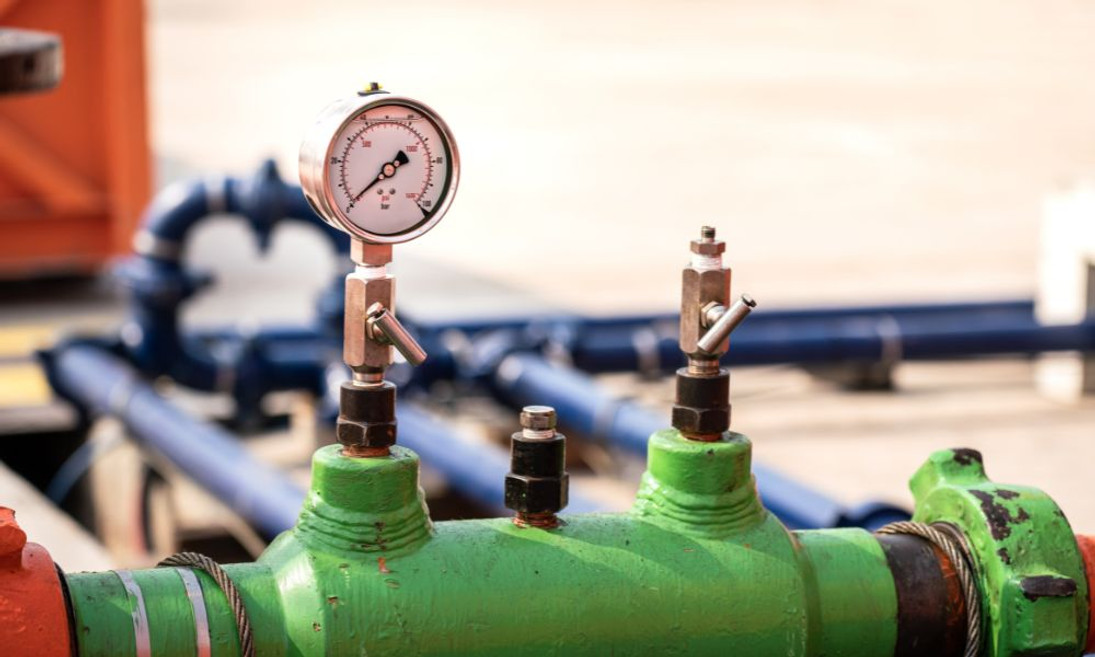6th Feb 2024
Why Is It Important To Monitor Oil Pipeline Pressure?
Monitoring oil pipeline pressure is a critical and complex task within the petroleum industry. It requires precision, expert knowledge, and advanced technology. Due to the volatile nature of the substances, even minor aberrations in pressure can lead to significant problems. Continue reading below to learn why it’s important to constantly monitor oil pipeline pressure.
Preventing Accidents and Environmental Damage
An unmonitored pipeline can become susceptible to leaks, spills, and even explosions. Regularly checking pressure levels enables operators to identify potential issues early on and take preventive measures accordingly.
A proactive approach can minimize the risks and potential environmental damage related to spills and leaks. Accurately tracking oil pipeline pressure will contribute to a safer workplace and uphold companies' commitments to environmental responsibility.
Complying With Industry Regulations and Standards
The oil and gas industry operates under a comprehensive set of regulations and standards designed to ensure safety, environmental protection, and operational efficiency. Among these regulations are those of the American Petroleum Institute (API) and the Department of Transportation's Pipeline and Hazardous Materials Safety Administration (PHMSA) in the United States.
API sets forth numerous standards related to oil pipeline systems, including API 1160 "Managing System Integrity for Hazardous Liquid Pipelines." This outlines the process for ensuring pipeline integrity, including risk assessment, inspection procedures, and response protocols.
The PHMSA under the Pipeline Safety Regulations (49 CFR Parts 190-199) in the US Part 195 specifically governs the transportation of hazardous liquids by pipeline. It includes crude oil and sets requirements for routine inspections and pressure tests.
Optimizing Flow Rate and Efficiency
Maintaining the appropriate pressure level in a pipeline is vital for achieving optimal flow rates and energy efficiency. Effective pressure monitoring allows operators to quickly detect and address any pressure fluctuations that could hinder flow rate or increase energy consumption within the system.
The skillful operation and monitoring of pipeline pressure can enhance productivity while ensuring long-term energy efficiency. In return, companies will be more profitable and conduct more sustainable operations. This diligent approach to pressure management helps minimize operational costs and maximize resource utilization.
Facilitating Predictive Maintenance
Monitoring oil pipeline pressure isn’t merely a reactive measure. It’s important because this protocol holds significant predictive value. Pressure readings serve as an early warning system, flagging potential issues that may disrupt pipeline operations in the future.
Predictive maintenance allows operators to schedule necessary maintenance procedures proactively rather than in response to system failure. It's possible to minimize downtime to establish uninterrupted oil flow and steady production rates. It also helps prevent sudden costly and hazardous issues within the system.
Never run out of chart recorder paper again or risk harm to the environment or employees. Recorders Charts & Pens has exactly what you need to keep your business stocked and ready to record data.

